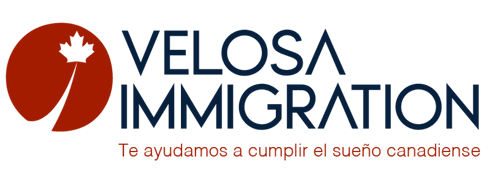So you want to move to Canada, but where do you start? With so much information on the internet and social networks, it is easy to get confused. The first and most important thing is to decide whether you want a temporary or permanent stay. There are different Canadian visa options, which can be permanent or temporary. Understanding each type of visa category will help you determine which one fits your profile and, therefore, which one you should apply for.
Temporary Visas
A temporary visa allows foreign nationals to come to Canada for a specific period. What you can do while you are in Canada depends on the type of temporary visa you have. If you are on a temporary visa in Canada, you must leave once your visa expires. It is important to note that a temporary visa can often lead to permanent residency.
It is important to note that a temporary visa can often lead to permanent residency.
Work Visa
Any person with a work permit can live and work in Canada during the validity period of the work permit as long as they respect the conditions imposed by immigration.
There are several types of work permits:
- Open work permit
- Employer-specific work permit
- Post Graduate Work Permit PGWP
International Experience Canada (IEC)
Canada has signed bilateral agreements with certain countries, which allow citizens of those countries to travel and work in Canada under International Experience Canada (IEC). The three categories that fall under IEC are:
Working holiday
Candidates work for multiple employers without a job offer, possibly with multiple locations, in order to be able to earn money to travel.
Young professionals
If your current Canadian job offers contribute to your professional development. In that case, you can work for the same employer in one location during your stay in Canada.
International Cooperative Internship
Anyone registered at a post-secondary institution with a valid job offer for an internship/co-op in Canada can apply for an employer-specific work permit under this category. This also applies to someone who must complete an internship to complete their studies and would like to work for the same employer at the same location during their stay in Canada.
Study Visa
This visa allows visitors to enter and stay in the country for up to 6 months without the need to renew. This type of visa can be valid for up to 10 years or the validity of your passport.
Electronic Travel Authorization (ETA)
If you plan to enter Canada, do not have a valid study or work permit, and are a citizen of a visa-exempt country, you must apply for an Electronic Travel Authorization (ETA) if you plan to enter Canada by air.
Super Visa
The Super Visa can be issued to the parents or grandparents of someone already living in Canada as a citizen or permanent resident. It is a multiple-entry extended stay temporary resident visa that lasts up to 10 years. In addition, the visitor can stay in Canada for up to 5 years on their initial visit, as opposed to a maximum time of up to 6 months for the single and multiple entry visitor visa.
Permanent Residency Programs
If your desire is to move permanently to Canada, you must apply for permanent residence in Canada. Regardless of which of the following immigration routes you choose, they all lead to permanent residence in Canada.
Express Entry
Express Entry is Canada's fastest and most popular path to permanent residency. Express Entry administers three main economic immigration programs: Federal Skilled Workers, Federal Skilled Trades, and Canadian Experience Class.
If you are eligible for one of the programs administered by Express Entry. In that case, you must submit a profile to the Express Entry group. Once in the pool, your profile is compared to the profiles of all other candidates in the pool. Candidates who rank highest in the pool are issued an ITA (Invitation to Apply) for permanent residence in Canada.
Applications submitted through Express Entry can be processed in at least six months.
- Federal skilled workers
- Federal skilled trades
- Canadian experience class
Provincial Nominee Program (PNP)
All provinces in Canada, except Quebec, operate their own immigration programs, known as Provincial Nominee Programs (PNP). Eligibility criteria and application guidelines vary for each stream in each province. Most PNPs require a connection to the province to apply; some do not.
Caregiver
- Nanny/Caregiver Program.
- Caregiver program for people with high medical needs.
Both programs offer an open work permit to work temporarily in Canada.
Work Permit:
- Allows individuals to work only in the occupation applied for.
- Does not require a Labour Market Impact Assessment (LMIA).
- Allows you to obtain the work experience you need to qualify for permanent residence.
- All applicants must meet the language, education, and work experience requirements.
Sponsorship
Canadian residents and citizens can sponsor:
- Spouse
- Common-law partner (including same-sex partners)
- Spousal partner
- Children (under 22 years of age)
- Parents
- Grandparents
- Children adopted from abroad
- And other relatives in special circumstances




